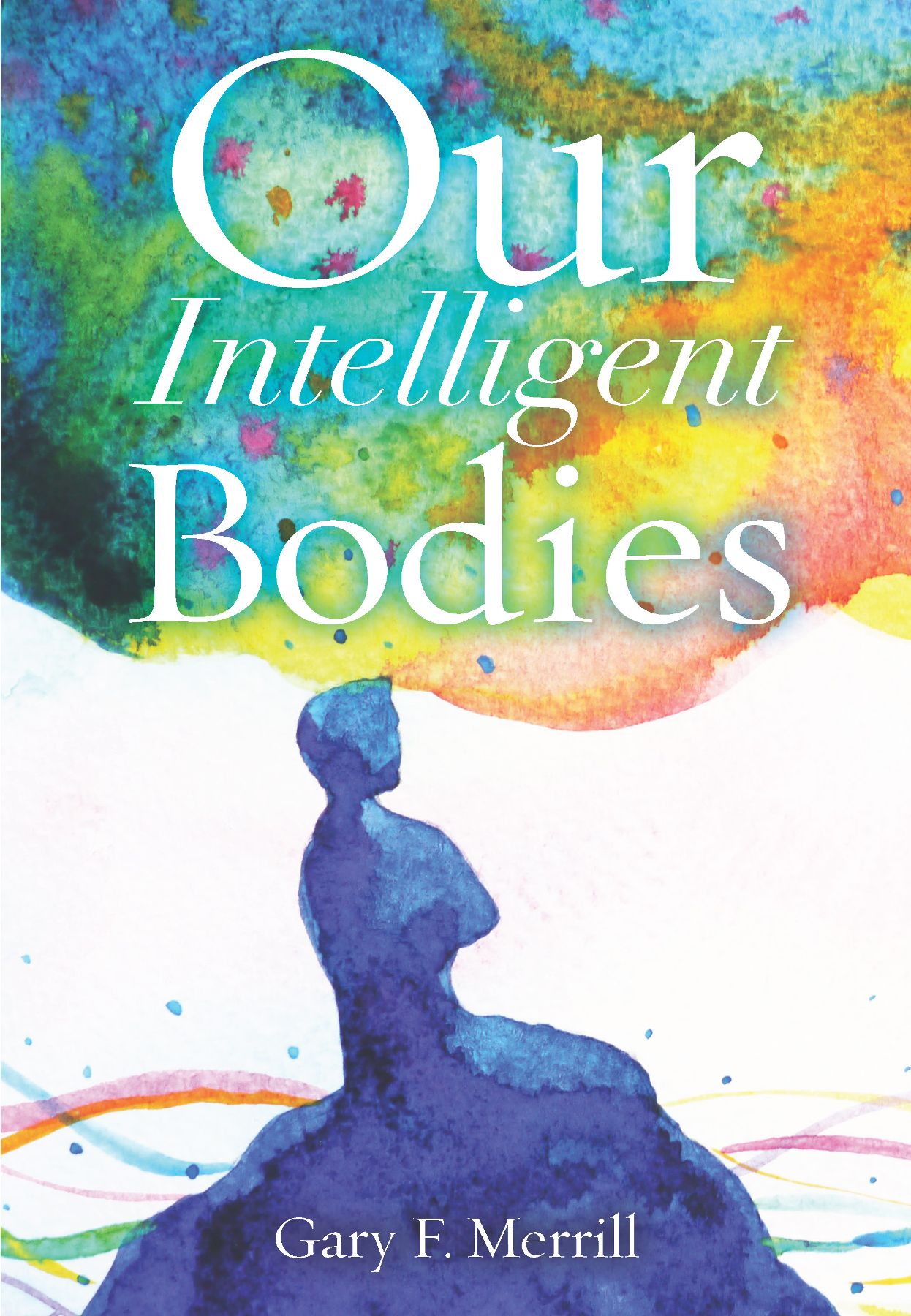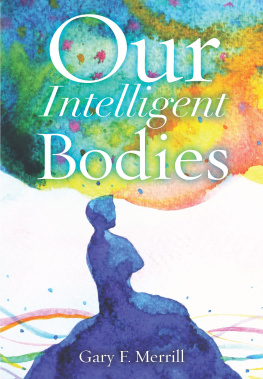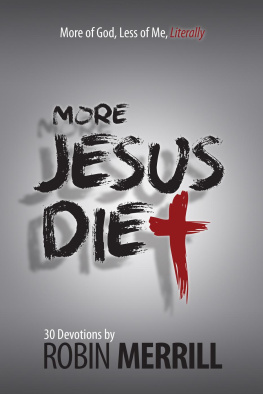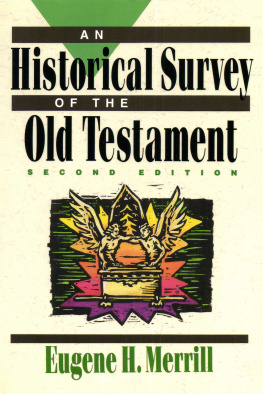Merrill Gary F. - Our Intelligent Bodies
Here you can read online Merrill Gary F. - Our Intelligent Bodies full text of the book (entire story) in english for free. Download pdf and epub, get meaning, cover and reviews about this ebook. publisher: Rutgers University Press, genre: Romance novel. Description of the work, (preface) as well as reviews are available. Best literature library LitArk.com created for fans of good reading and offers a wide selection of genres:
Romance novel
Science fiction
Adventure
Detective
Science
History
Home and family
Prose
Art
Politics
Computer
Non-fiction
Religion
Business
Children
Humor
Choose a favorite category and find really read worthwhile books. Enjoy immersion in the world of imagination, feel the emotions of the characters or learn something new for yourself, make an fascinating discovery.
- Book:Our Intelligent Bodies
- Author:
- Publisher:Rutgers University Press
- Genre:
- Rating:4 / 5
- Favourites:Add to favourites
- Your mark:
- 80
- 1
- 2
- 3
- 4
- 5
Our Intelligent Bodies: summary, description and annotation
We offer to read an annotation, description, summary or preface (depends on what the author of the book "Our Intelligent Bodies" wrote himself). If you haven't found the necessary information about the book — write in the comments, we will try to find it.
Our Intelligent Bodies — read online for free the complete book (whole text) full work
Below is the text of the book, divided by pages. System saving the place of the last page read, allows you to conveniently read the book "Our Intelligent Bodies" online for free, without having to search again every time where you left off. Put a bookmark, and you can go to the page where you finished reading at any time.
Font size:
Interval:
Bookmark:

Gary F. Merrill

RUTGERS UNIVERSITY PRESS
NEW BRUNSWICK, CAMDEN, AND NEWARK, NEW JERSEY, AND LONDON
Library of Congress Cataloging-in-Publication Data
Names: Merrill, Gary F., author.
Title: Our intelligent bodies / Gary F. Merrill.
Description: New Brunswick : Rutgers University Press, 2021.
Identifiers: LCCN 2019025250 | ISBN 9780813598529 (paperback) | ISBN 9780813598512 (hardback) | ISBN 9780813598536 (epub) | ISBN 9780813598543 (mobi) | ISBN 9780813598550 (pdf)
Subjects: LCSH: Human physiology. | Organs (Anatomy)
Classification: LCC QP34.5 .M486 2020 | DDC 612dc23
LC record available at https://lccn.loc.gov/2019025250
A British Cataloging-in-Publication record for this book is available from the British Library.
Copyright 2021 by Gary F. Merrill
All rights reserved
No part of this book may be reproduced or utilized in any form or by any means, electronic or mechanical, or by any information storage and retrieval system, without written permission from the publisher. Please contact Rutgers University Press, 106 Somerset Street, New Brunswick, NJ 08901. The only exception to this prohibition is fair use as defined by U.S. copyright law.
www.rutgersuniversitypress.org
It is a sign of intelligence to love others. I love my wife, my mother, my maternal and paternal grandmothers, my mother-in-law, my daughters, my daughters-in-law, and my granddaughters. The last hours I spent with my mother were in a nursing home in June 2015. Even though she was diagnosed with advanced dementia, she recognized me, my wife, and our voices during those last hours. We hadnt seen her for a year, and she died peacefully fewer than 48 hours after our arrival. She was the last living member of her family of eight siblings; her oldest living sibling, a sister, preceded her in death by one week.
When our twin daughters were still at home and about age sixteen, their mother and they decided to shed a few pounds. To help achieve this, they transformed their eating habits to a more vegetarian-like diet. My wife warned me ahead of time. So by default, I joined them. After several weeks, I was losn weight and a lookn mighty frail (I loved the voice and lyrics of Buck Owens and his songs). My wife and daughters were maintaining the status quo. Feeling sorry for me, my wife once again ramped up her baking and cooking, and I regained the pounds I had unwillingly shed. That was more than 20 years ago.
Now we also have five daughters-in-law. All appear to be in excellent health. They control their diets and weight and try encouraging their husbands and children to do something similar. Intelligently, our more disciplined sons look and act like their mother and respective wives. Some of my most stimulating intellectual conversations have been with these daughters-in-law. I regret not being physically closer to them to have such conversations more frequently.
My wife did not go as far in her formal education as our daughters and daughters-in-law. But when it comes to common sense and practical everyday living, I have never met her match. As much as I love the other women in my life, none are her equal. For example, because she is frugal, we have no debt. In the past 50-plus years, our only debts have been a home mortgage and my education. Because she is simple, our lives are not cluttered. Because she is service-oriented, the lives of others are more comfortable. If my wife and women like her ran the federal government and congress, there would be no U.S. debt. Regardless of the millions/billions of dollars they are worth, I doubt that any current or former U.S. chief executive or battalion of congresspeople can or could have managed a single dollar better than my wife does.
Contrary to what the above might sound like, this is not a book about the women in my life. Rather, it is a book about how our bodies display signs of intelligence at every level and in every way when left to their untampered-with physiological mechanisms. Intelligence can be seen in chemical reactions, molecular interactions, subcellular organizations, cell and tissue structures, and organ / organ systems functions. Even something as simple as changes in the volume and/or osmolality of body water compartments has potentially life-threatening consequences, yet our bodies show every sign of intelligence in readjusting to sustain homeostasis and life.
Another of my objectives in this writing is to convince the reader that intelligence is not limited to the central and peripheral nervous systems. As I argue in the first chapter, one definition of intelligence is the ability to solve problems. Our bodies are faced with challenging problems every day. For example, waking up after a good nights sleep finds us dehydrated and malnourished. Circulating concentrations of blood sugar are normally at their lowest levels. Upon waking, thirst mechanisms drive us to consume water whether we take it directly, indirectly, or intrinsically (dehydration problem solved). Hypoglycemic mechanisms encourage us to consume a morning meal: breakfast (malnourishment problem caused by a 12-or-more-hour fast is solved).
In the chapters that follow, I try to provide several examples of how our physical senses and organ systems display signs of intelligence in solving problems at every step. For example, the pigmented layer of the retina absorbs excess photons of light so they do not interfere with the physiology of photoreceptors and vision. When we lack adequate oxygen, the respiratory system adjusts by increasing both the frequency and volume of ventilation. Thus serious hypoxia is avoided and normoxia sustained in an intelligent display of negative feedback control.
I have intended to write to a college-educated mature adult audience (those at least having bachelors or masters degrees plus considerable life experience). What I have written is not an invited critical review intended for those with PhD degrees (hence my purposeful lack of citations). For readers who want that level of detail, I suggest doing several PubMed searches using appropriate filters (e.g., reviews only; see https://www.ncbi.nlm.nih.gov/pubmed/). My final goal is to broaden the readers thinking about the intelligence our marvelous bodies possess.
Intelligence has been defined as ones capacity for logic, abstract thought, understanding, self-awareness, communication, learning, emotional knowledge, memory, planning, creativity, and problem-solving. It is also the ability to perceive and/or to retain knowledge or information and to apply it. Intelligence is most widely studied in humans but has also been observed in nonhuman animals. Artificial intelligence is intelligence in machines and computer software (https://en.wikipedia.org/wiki/Intelligence, August 15, 2019).
The word intelligence derives from the Latin verb intelligere, to comprehend or to perceive. A form of this verb, intellectus, became the medieval technical term for understanding and a translation for the Greek philosophical term nous. This term, however, was strongly linked to teleology and to the concepts of the active intellect (also known as the active intelligence) and the immortality of the soul. Such an approach to the study of nature was rejected by early modern philosophers including Francis Bacon, Thomas Hobbes, John Locke, and David Hume, all of whom preferred the word
Next pageFont size:
Interval:
Bookmark:
Similar books «Our Intelligent Bodies»
Look at similar books to Our Intelligent Bodies. We have selected literature similar in name and meaning in the hope of providing readers with more options to find new, interesting, not yet read works.
Discussion, reviews of the book Our Intelligent Bodies and just readers' own opinions. Leave your comments, write what you think about the work, its meaning or the main characters. Specify what exactly you liked and what you didn't like, and why you think so.










